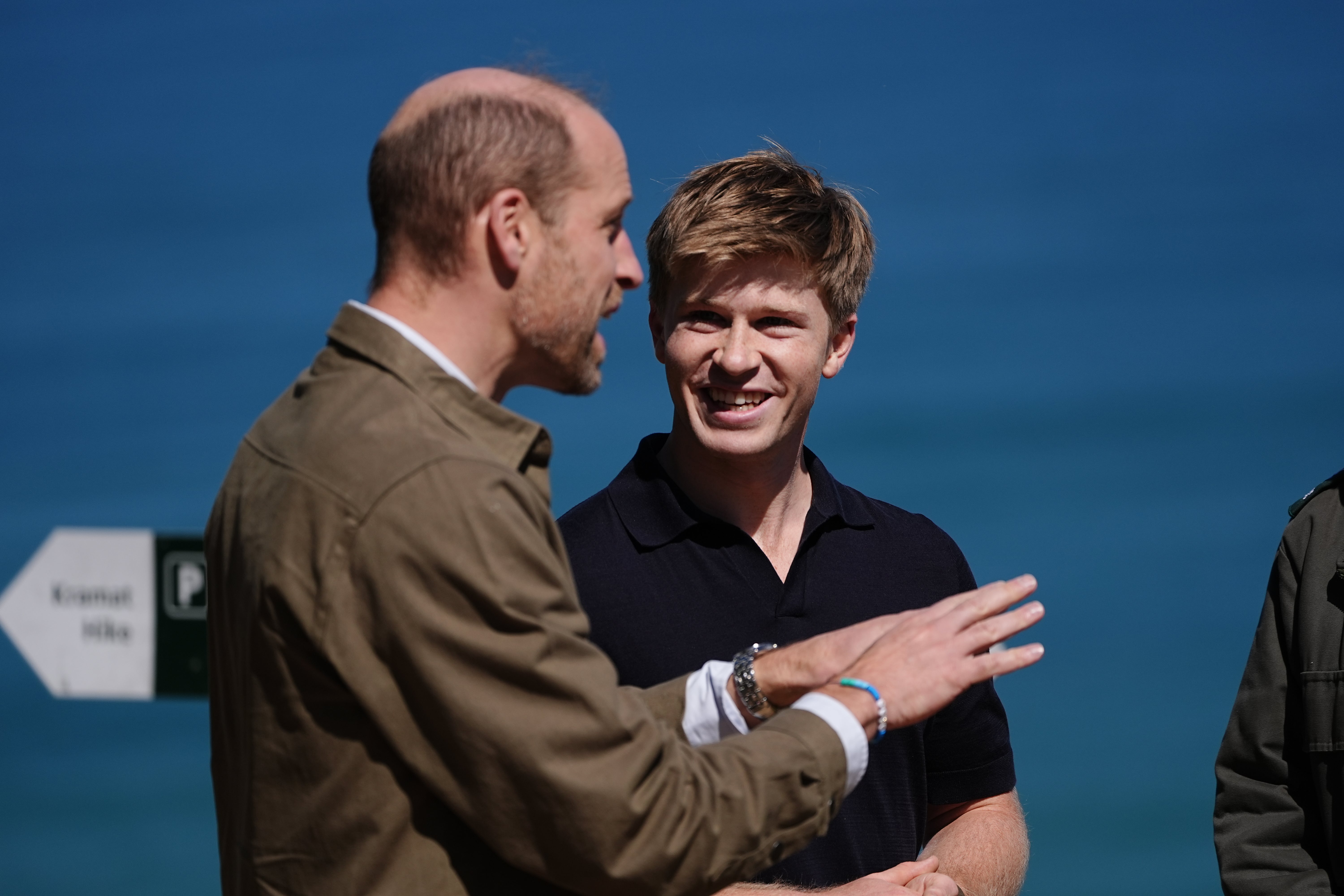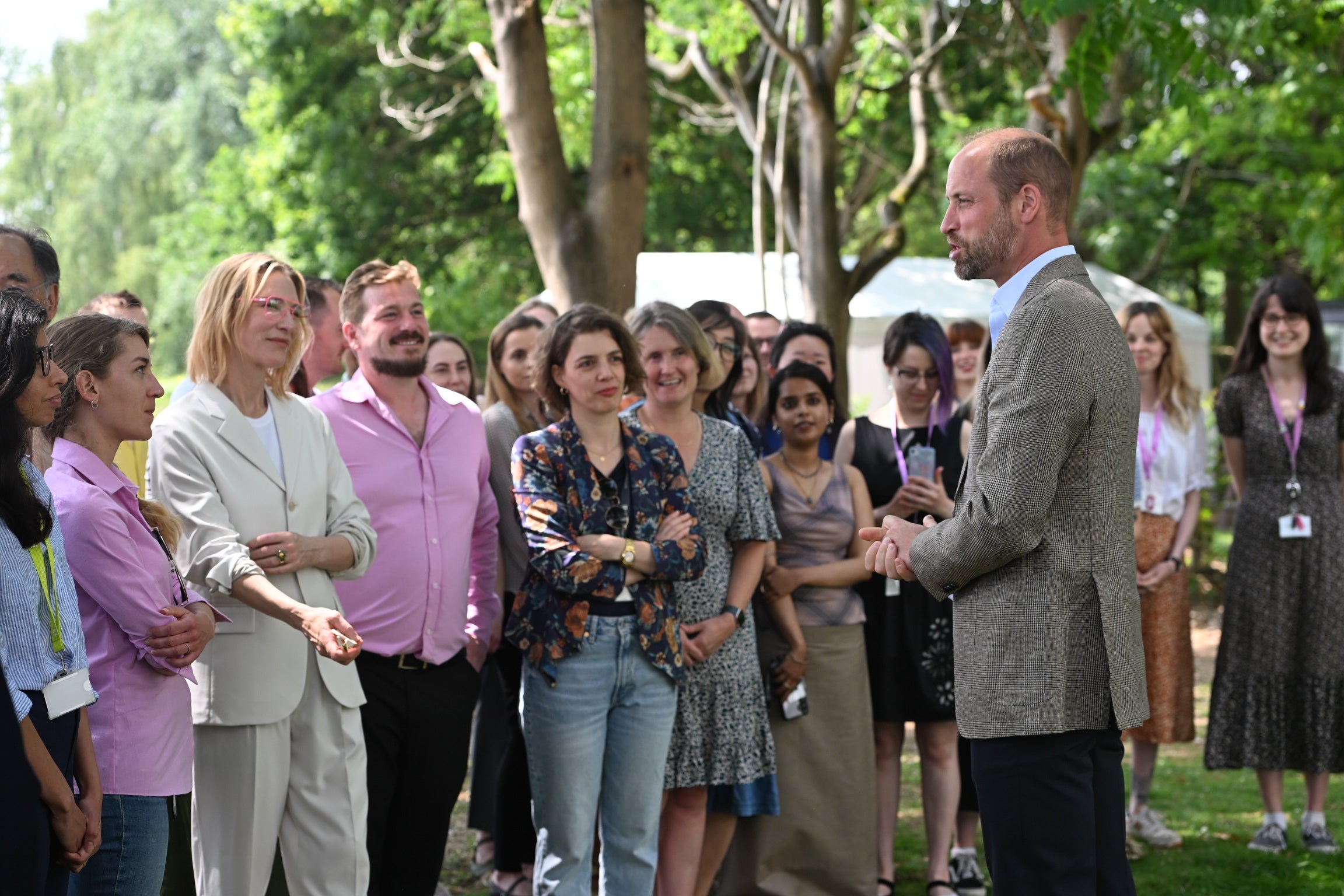Prince William’s surprise voicenote played on Radio 2
The message was played during Tuesday morning's programme, which featured conservationist and presenter Robert Irwin
The Scott Mills Breakfast Show on Radio 2 played a surprise recorded message from the Prince of Wales, apologising that he could not be in the studio in person.
The message, played during Tuesday morning's programme, allowed William to highlight the Earthshot Prize – a global environmental award of which he is the founder and president.
Also appearing on the show on Tuesday morning was conservationist and presenter Robert Irwin, who was in the studio with Mills to answer voicenotes with animal-themed questions from children.
Irwin, who is the son of the late Australian conservationist Steve Irwin, was told by Mills there was just one voicenote left to be played and was shocked to hear that it was none other than Prince William.

William said: “Good morning, Scott, or should I say G’day, Scott? I know you’ve got the fantastic Robert Irwin on the show this morning, a brilliant ambassador for the Earthshot Prize. Sorry, I can’t be with you both this morning, hoping to catch up with you soon.”
“You’re very much invited to the Earthshot Prize in Rio in Brazil, in November. It’s going to be a fantastic event, great show.
“Just beware, Scott, that Robert likes to pull random terrifying animals and creatures out of his pockets while he’s on anyone’s show and talking to them. So just watch your back at all times, that a tarantula or something doesn’t suddenly pop onto your desk.
“But listen, have a good show, and hope to catch up with you both very soon. Goodbye.”

Irwin, who is an ambassador for the Earthshot Prize, was left laughing by the message.
He also spoke to Scott about continuing his father’s legacy as a committed conservationist.
Each year, five winners are awarded the Earthshot Prize from a shortlist of 15.
On its website, it describes Brazil as a fitting place to host the prize in November, as it is home to more than half of the Amazon rainforest and nearly a fifth of the world’s biodiversity.
Bookmark popover
Removed from bookmarks